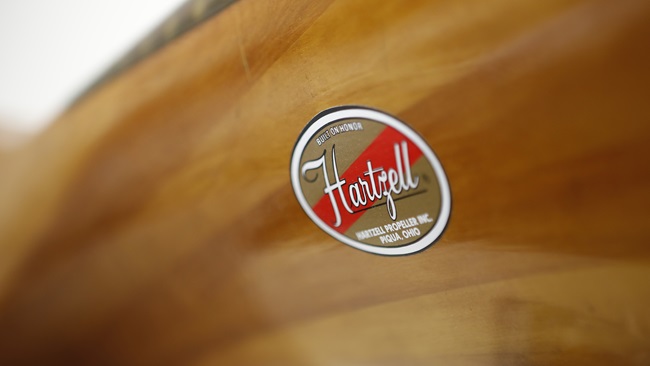
Backers of the A-29 Super Tucano have taken their own turn into federal court, seeking to revive a dead $355 million deal to build light air support warplanes for Afghanistan’s fledgling air force.
The Super Tucano, built by Brazilian aircraft maker Embraer and sold through Sierra Nevada Corp., was chosen in December after rival Hawker Beechcraft’s AT-6 was excluded from the competition, leaving the Super Tucano the sole survivor.
Hawker Beechcraft, months before seeking Chapter 11 bankruptcy protection in an effort to shed $2.5 billion in debt, returned fire with court action seeking to halt the contract in January. The Air Force killed the deal the following month, and vowed to investigate its own procurement process.
Sierra Nevada Corp. claims the new competition announced subsequently by the Air Force is “tilted in favor of the competition,” noting that the Air Force is not requiring flight tests prior to purchase. While the Super Tucano is already in production, Sierra Nevada Corp. said in a press release that the Hawker Beechcraft offering is still in development. (Hawker Beechcraft is adapting a well-established trainer for a new role as an armed aircraft.)
"It is unfathomable that the Air Force won't test this aircraft until it is past the point of no return, especially when one of the aircraft in the competition is still developmental," said Taco Gilbert, Sierra Nevada Corp. vice president of Intelligence, Surveillance and Reconnaissance business development. "This has happened only rarely in (Department of Defense) aircraft acquisitions and it has usually turned out very poorly for both the warfighter and the taxpayer."
Hawker Beechcraft has protested just as loudly, calling the Pentagon’s original decision a killer of American jobs. Sierra Nevada Corp. countered with the claim that the Super Tucano will employ a similar number of Americans.
Both parties contend their particular aircraft are the best fit for service in Afghanistan, where the Air Force is training pilots in hopes of leaving a cohesive armed force behind after U.S. withdrawal.



